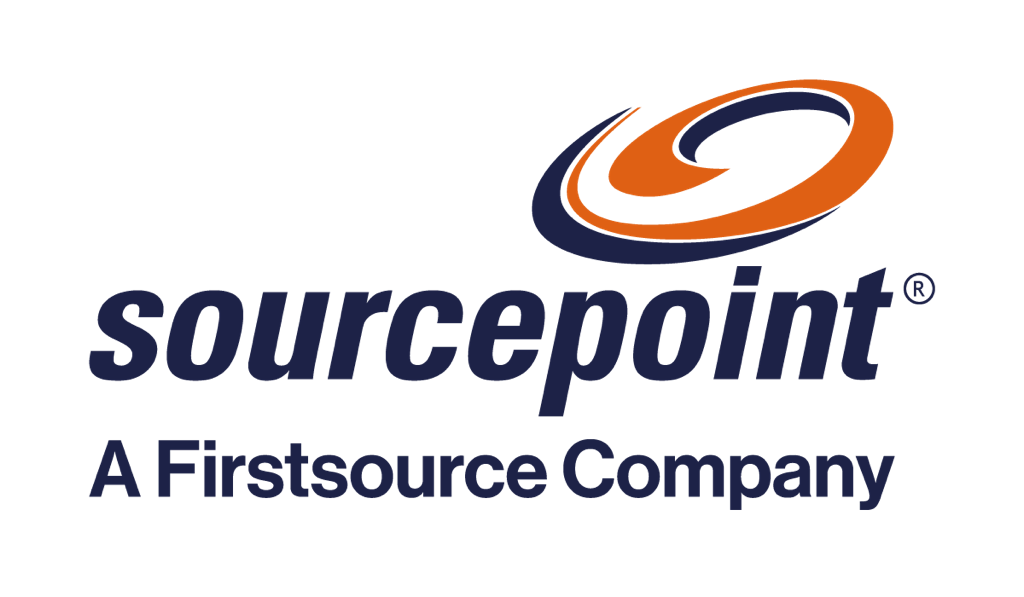The process of documenting medical processes started as early as the 19th century. Initially it was only for educational purposes. It slowly evolved to become documents that can aid in patient care. By the early 20th century, medical documentation became very prominent throughout America, as providers realized that they could use these records to help them understand the patient’s medical history; which in turn improved the quality of patient care. From 1972 as per the American Recovery & Reinvestment Act, it became mandatory for all healthcare providers to use Electronic Medical Records.
Clinical Documentation is one such data aggregate, upon which Medical Billing and Coding for Physicians and Hospitals are dependent. Clinical Documentation is the process of creating a report or a document that outlines the medical or clinical treatment process and which acts as proof, or helps in authenticating the care given to a patient.
A 2016 Black Book Market survey found out that nearly 90% of hospitals that used Clinical Documentation improvement for their medical billing and coding process, were able to increase their collections by at least 1.5million.
Quality Clinical Documentation is crucial for accurate and quality care of patients. It is imperative that we understand how Clinical Documentation directly affects physician and facility reimbursements, thereby affecting collections. Payers are largely depended on medical records to verify if providers are billing for the appropriate service.
As per the changed Healthcare Denial Index of 2020, missing Medical Documentation and Coding issues, amount to 15% of total denials. Amongst this, missing documentation takes a huge share of 9.2%. Most of the denials can be appealed with accurate Medical Records. Hence there is a need to bring in solutions that help in improving Clinical Documentation that will only result in better revenue for the providers.
Clinical Documentation is still a huge challenge for providers while trying to adopt to various EHR platforms. Providers deal with documentation errors including missing treatment information, inaccurate visit time calculation, incorrect patient demo information, misspelled medical terms and abbreviations, to mention a few. Providers also have the challenge of appropriately documenting the patient encounter. EHRs must be regularly updated and upgraded to reflect the yearly revisions and updates in the Coding (procedural and diagnoses) and Reimbursement guidelines. It is important for leaders in the Medical Billing and Coding industry to work with providers in creating strategies to prevent errors in documentation. We are at the front-end of knowing and understanding RCM challenges, and our experience in creating clean claims is utilized to educate them. There are also many CDI partners who can assist, especially the hospitals in tracking their documentation process. Many Clinical Documentation specialists with advanced skills can help, especially with their tech-infused knowledge for creating better CDI solutions.
Now that we are slowly shifting to value-based care and reimbursement, Clinical Documentation Improvement and Integrity is a priority. This shift requires a different perspective of the entire process of Medical Billing and Coding; and hence Medical Documentation as well. Providers and hospitals need to invest their time and focus on CDI not just for better reimbursement, but for better patient care as well.
The evolving Medical Billing and Coding process towards being more tech savvy and its indulgence in automation, requires CDI solutions to be more accurate and precise to support it.
At Firstsource, we support our clients set up Clinical Documentation strategies. We are actively involved in identifying areas of documentation improvement, thereby enabling them to earn the reimbursement they rightly deserve, without compromising on compliance. Also, most of the denials can be appealed with accurate Medical Records. Hence there is a need to bring in solutions that helps in improving Clinical Documentation that will only result in better revenue. Through our multi-specialty experienced denial team who analyze various denials across payers and identify claims denied because of inadequate documentation, we sensitize our clients to the missed opportunity and assist them get their claims rightly paid in the first attempt. If you need assistance to improve your current documentation process, do call us for a free consultation.










